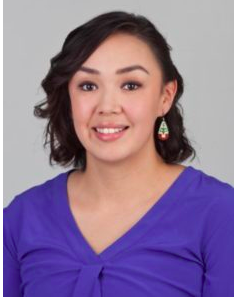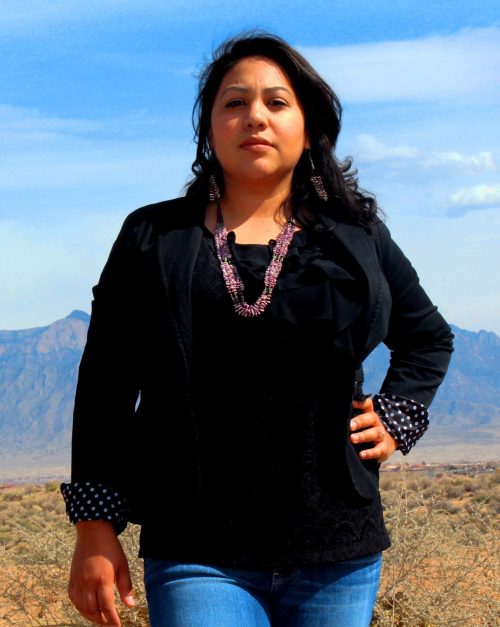
The Navajo Nation recently took measures to address sexual harassment at the upper levels of the nation said Delena Otherbull the executive director of the Coalition to Stop Violence Against Native Women (CSVANW) based in Albuquerque.
When the #Me-Too movement gained traction last fall on mainstream media, it called attention to women who were facing sexual violence, but some local Native American women leaders said their communities have been fighting this battle for generations and need more light on their situation.
“Navajo Nation Council Woman Amber Krotty came forward last year and basically brought to light the sexual harassment that was happening even at the leadership level,” Otherbull said. “Since then they’ve mandated that all tribal employees have sexual harassment training.”
Otherbull said Native Americans are also addressing policies around workplace harassment. “So rather than creating laws, they’re focusing on employee policies in determining what these policies look like within their own communities and really looking at how they can be enforced,” Otherbull said.
Renee Lowden, a Native American woman who works as a career tech training manager at Albuquerque Job Corp, said until women can take on leadership roles in the native community, there will be no change.
“Where my mom and dad are from,” Lowden said, “women can’t get into those leadership positions. Those are for males only. It’s men only for governor, for lieutenant governor, for war captain, war chief. Anything like that. It’s men only. It’s never a woman.”

Otherbull said she welcomes the national attention the #MeToo movement is putting on the issue of sexual harassment of women, but she said the Native community and other minority groups are still being left out of the conversation.
“I think there needs to be more focused efforts to really bring everybody into the conversation,” she said. “I’m not just advocating for our Native women or the LGBTQ, but making sure our Asian communities are being represented, and our Spanish speaking communities are too. This affects everyone, it’s not just celebrity or high profile cases. This is really affecting those who are marginalized.”
Otherbull said, there are far more cases of sexual abuse away from the celebrity spotlight.
“These women are making minimum wage and are being sexually harassed by their employers,” she said. “These are people who work in our industries and farms. They’re being sexually harassed and then threatened with losing their job if they speak up. It permeates every sector of our communities.”
Otherbull said that Native women are disproportionately targeted, and because there isn’t a national conversation about Native women, there are efforts made by the Native American community to stop sexual violence.
Rachael Lorenzo, Communications and Outreach Coordinator for Native Community Development Associates — a woman-owned company that promotes Native communities — argues for greater empowerment of these communities at the local level.
“Community organization and activism is so important for these issues that impact Native people,” Lorenzo said, “because there is a real gap in the bureaucracy and in the government at any level to address those real needs.”
Otherbull said that one of the good things to come out of the #Me-Too movement was it encouraged victims to speak out against their abusers, but those who choose not to speak shouldn’t be forgotten either.
“We also have to remember that silence is strength as well,” she said. “So for everyone who didn’t come forward, they are no less strong or their voices are no less valid.”